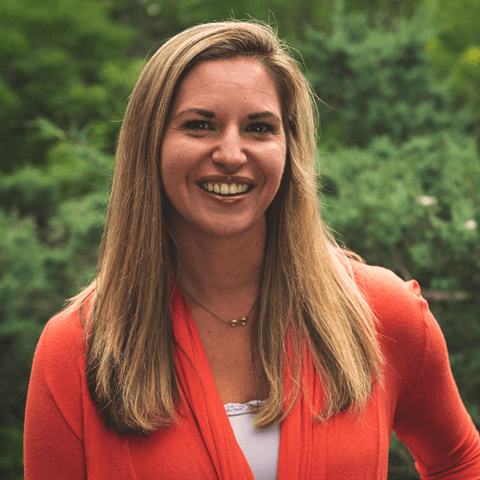
Program for Aid to Victims of Sexual Assault

“Front line heroes” might call to mind health care, emergency services, or child care. Yet there are many others at the front lines in our communities. They include staff and volunteers throughout northeast Minnesota who offer a lifeline to survivors of sexual or domestic violence.
Among these unsung heroes is the team at Program for Aid to Victims of Sexual Assault, or PAVSA, led by Sara Niemi, executive director. Last year PAVSA served around 700 survivors and family members – parents, children, and partners. They answer calls 24/7, show up at hospitals day or night to perform exams, comfort, de-escalate, inform, link to services, and continue to be a steady source of support over the long term.
PAVSA’s free and confidential services are delivered by staff, partner sites, and volunteers. They include Sexual Assault Nurse Examiners, therapists, attorneys, sexual trafficking advocates, youth outreach educators, and more. It’s personal, difficult work which only got harder in the past two years. Sexual and domestic violence organizations in the region saw a rise in numbers and severity of assaults. Secondary trauma and burnout are real.
“We need to show appreciation for staff and volunteers who have faced their own pandemic challenges at home on top of the hard situations they face every day at work,” said Niemi.
PAVSA got innovative, seeking flexible grant funding from Northland Foundation which included resources aimed at staff training and wellness.
“For some, decompressing with peers helps. For others, it’s a family outing they maybe couldn’t otherwise afford. Or yoga classes to quietly re-center. Even a simple thing like a comfortable desk chair can make a big difference,” Niemi explained. “It’s amazing to have the flexibility and time to try some things and learn from it.”
It’s amazing to have the flexibility and time to try some things and learn from it.
In times that are stressful, with work that is stressful, it’s a wise decision to take care of the caretakers doing this important work in our rural region.